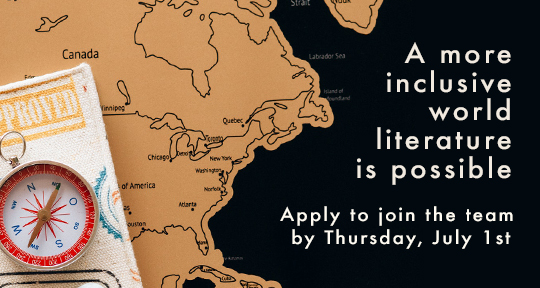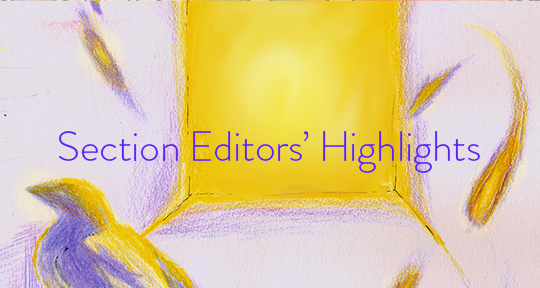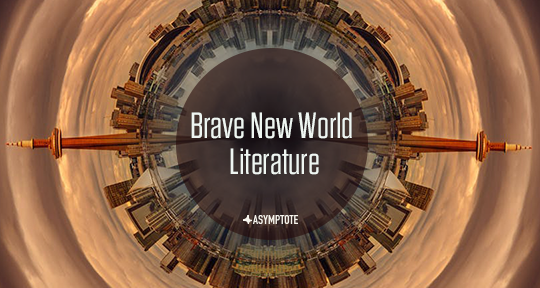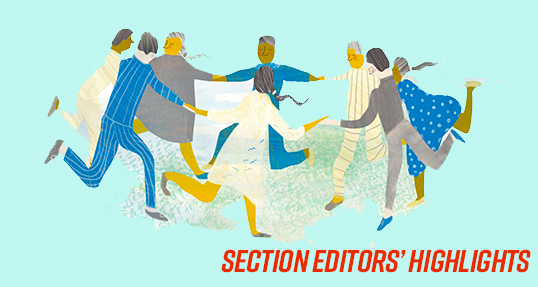The sentiment with which he studied the maps came from his ambition to travel: He opened them with careful longing, as though he were unfolding the writings of a personal religion.
In his short story “The Foreigner” (first published in our Spring 2019 edition), Sergio Chejfec gives us an unforgettable portrait of a man who dedicates his whole life to anticipating his travels abroad—but, consumed by maps, never even succeeds in leaving the city before he dies.
At Asymptote, we take it for granted that there are no known lands, for even the familiar—let alone the vast expanse of underrepresented countries and languages—deserves to be explored with fresh eyes! Now you too can join our team of intrepid explorers without leaving your home: Just apply to our mid-year recruitment drive.
Read the testimonials by some former staff below, before checking out our newly advertised openings ranging from social media manager and marketing manager to copy editor and editor-at-large! But hurry! The deadline to send in an application is two Thursdays from now, July 1st.
“Asymptote is the only literary magazine I’ve ever worked for or heard about that has the editorial brain-power and resource of generous and highly-talented translators to pull off a 20-language project in 10 days. This is what we did with our Mexican poetry project, which, thanks to the on-hand blog, graphic and social media team, caught the wave of worldwide solidarity for the victims of the Ayotzinapa massacre in September 2014 and the subsequent protests. It was shared in its thousands, including retweets by organizations like English PEN, Words Without Borders and Granta Magazine. I put the call out for translators for the project on a Wednesday and that same day received an offer of an introduction from NY-based Mexican author Valeria Luiselli and 9 offers of translators. One of the first messages came from our Israel editor-at-large, saying: “We all do our tiny little part in the world: mine is translating.” Asymptote does not only have impeccable taste in global literature (from ancient to contemporary), it also continues to prove, in a very tangible way, that translation is not tiny; it is a vital force for good in the world. I’m very proud to be editor-at-large for Mexico and can’t wait to see what we at Asymptote do next.”
—Sophie Hughes, former Editor-at-Large, Mexico


















